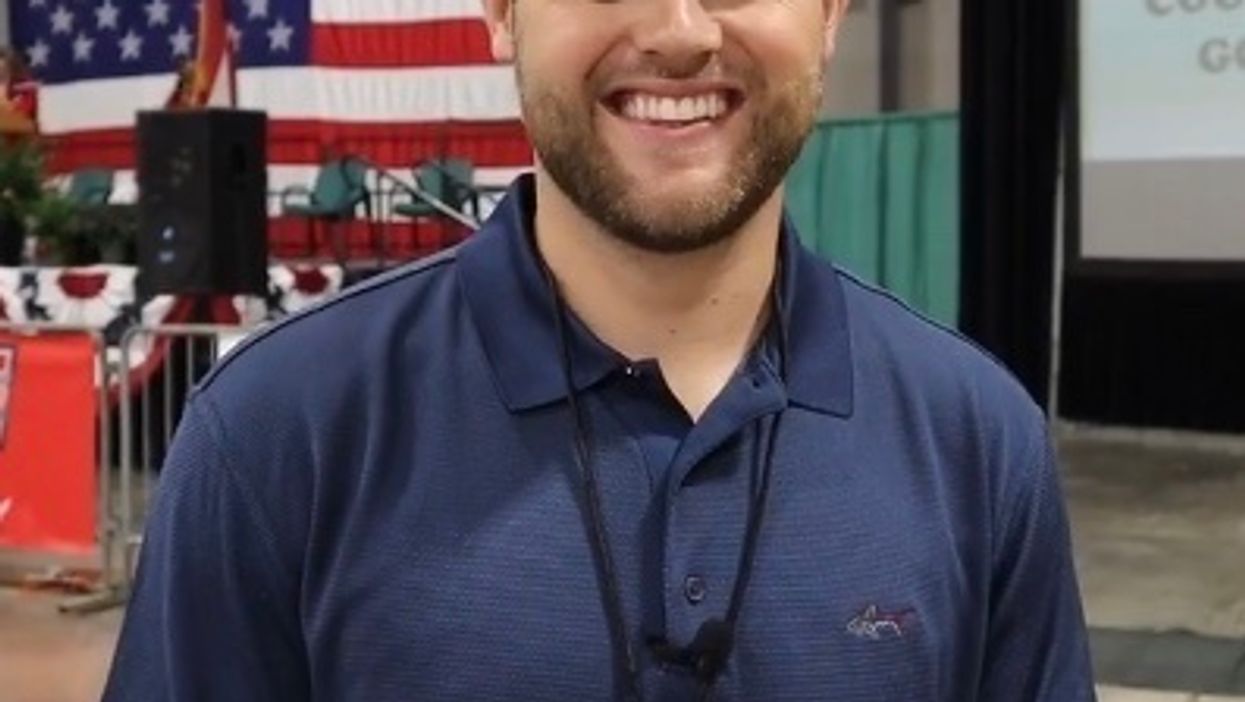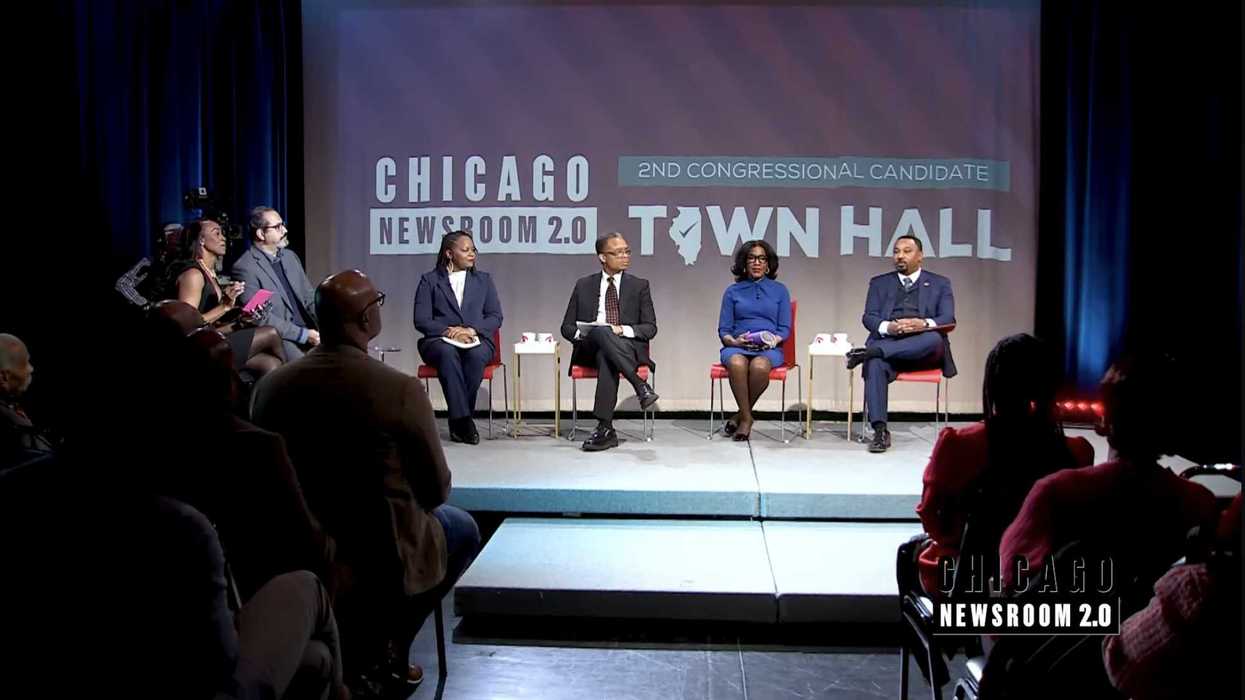Noah Durham is the communications coordinator at Take Back Our Republic, a conservative organization in Alabama advocating for changes in federal campaign finance rules focused on increasing disclosure requirements for big special-interest groups and reduced regulation of small-dollar individual donors. A native of Baton Rouge, La., and a 23-year-old student at Auburn University, he started volunteering for TBOR in 2015 and joined the staff two years later. His answers have been lightly edited for clarity and length.
What's the tweet-length description of your organization?
To be the leading organization in developing a culture in politics where character and ideas are the basis of being elected, and that every election is financed with transparency primarily by the people to be represented and not by outside special interests.
Describe your very first civic engagement.
Voting for the first time in the 2016 presidential election. I remember feeling extremely excited to get to vote for the first time and finally be able to voice my opinion through our American election process.
What was your biggest professional triumph?
Meeting with conservative leaders at Turning Point USA's Student Action Summit. It was great to be able to have conversations with people like the former White House aide Sebastian Gorka, Rep. Dan Crenshaw of Texas and Donald Trump Jr. about the work that Take Back Our Republic was doing.
And your most disappointing setback?
I moved around a lot when I was growing up so I never got to experience what it is like to grow up with my friends and get involved with my hometown community.
How does your identity influence the way you go about your work?
My faith has a lot to do with the work that I do. I am really passionate about work that helps the lives of all people and I enjoy talking to people that have different life experiences than I do. I am eager to learn all that I can from everyone I meet.
What's the best advice you've ever been given?
"Don't be too quick to judge others based on what they say, you can learn a lot by asking good questions."
Create a new flavor for Ben & Jerry's.
Beignets and Bourbon sounds like a great NOLA combo!
The West Wing or Veep?
Honestly, I have to admit I have not watched either show. The TV show about politics I'm watching now is Designated Survivor.
What's the last thing you do on your phone at night?
Listen to Joe Rogan's podcast. I always learn something new from the wide variety of guests he has on his show.
What is your deepest, darkest secret?
I secretly enjoy watching old Elvis movies like Blue Hawaii!





















